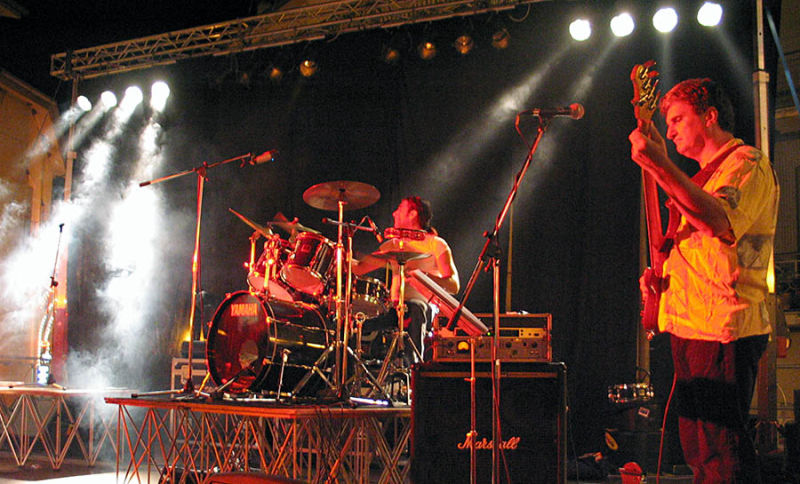
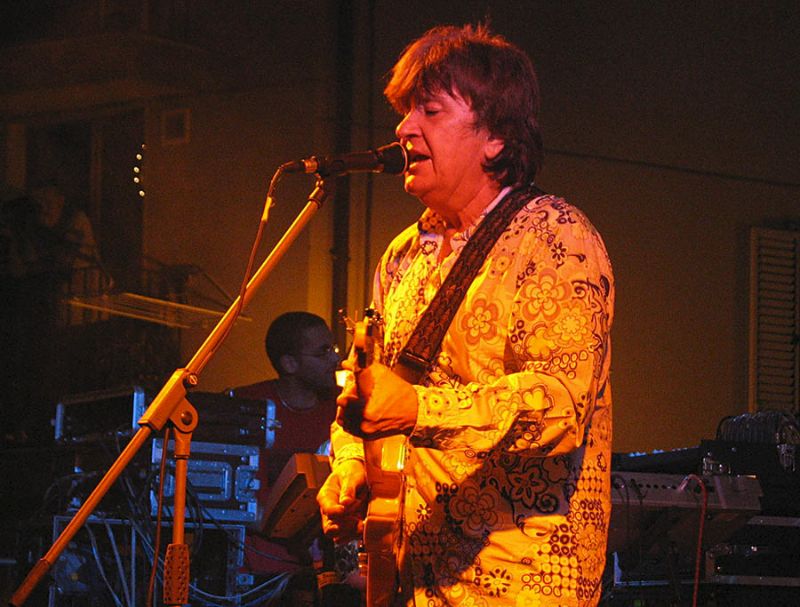
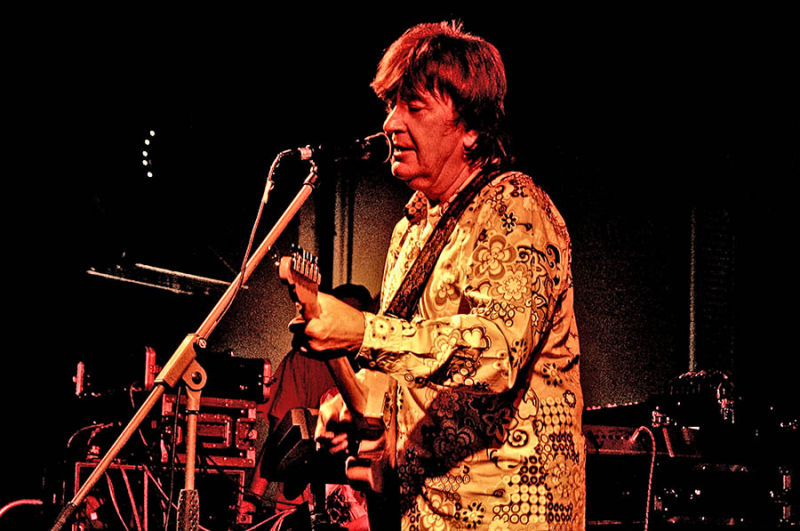
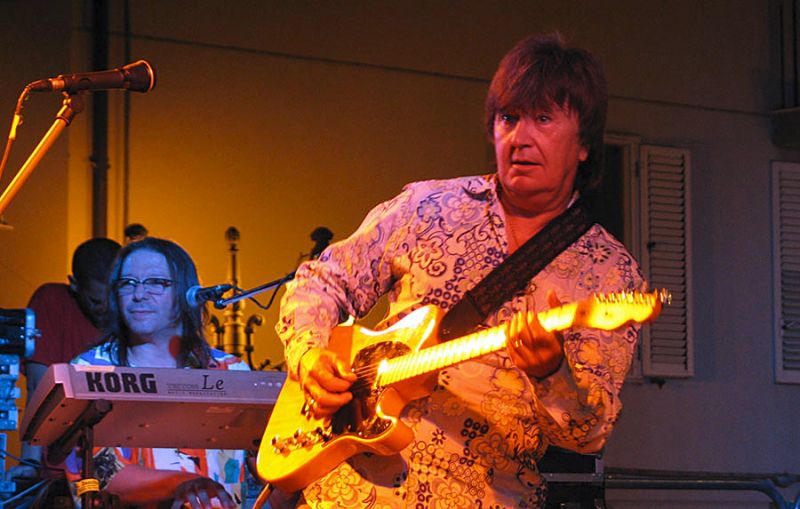
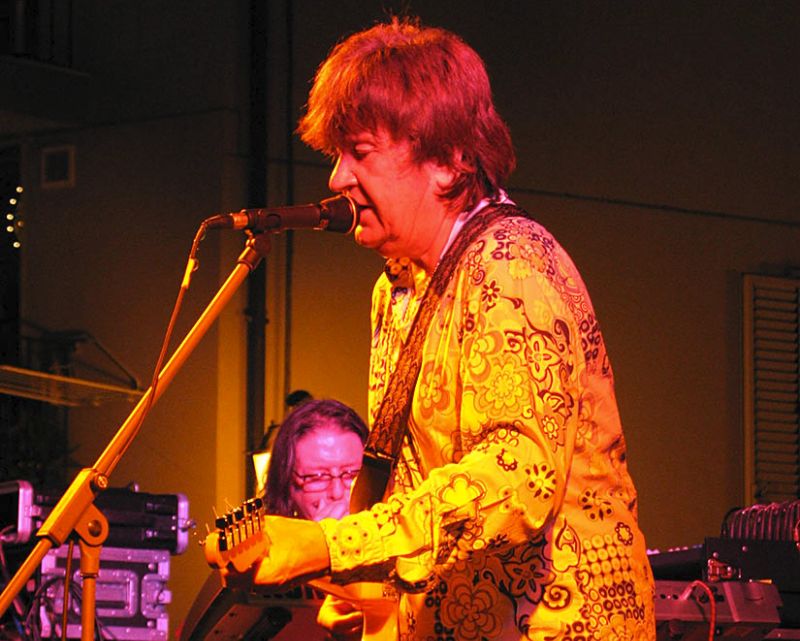
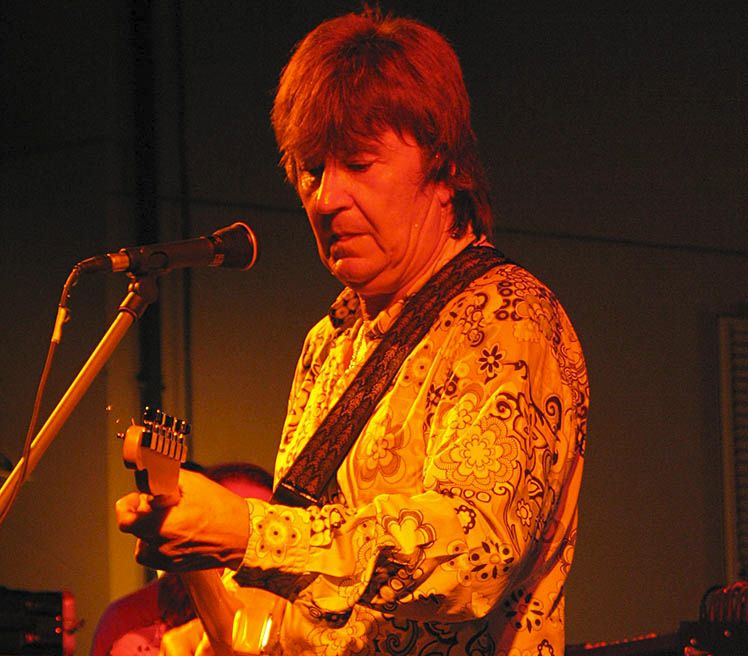
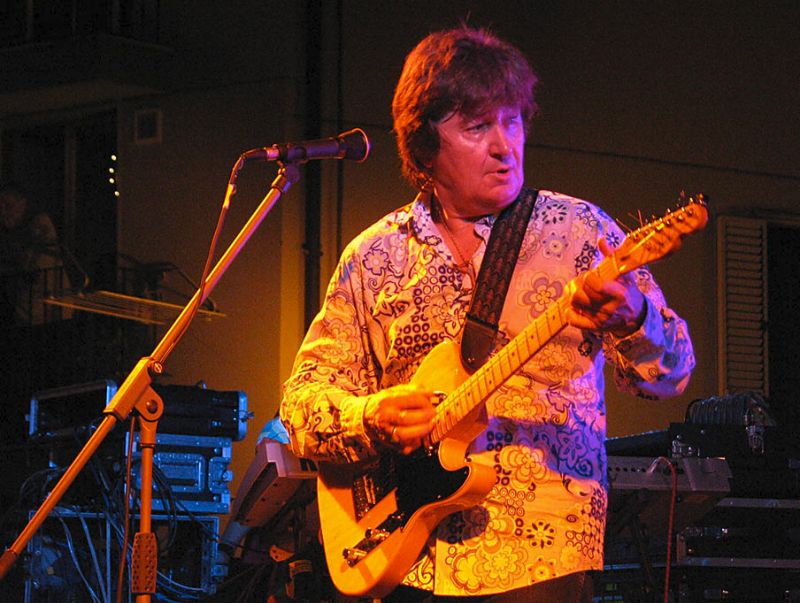
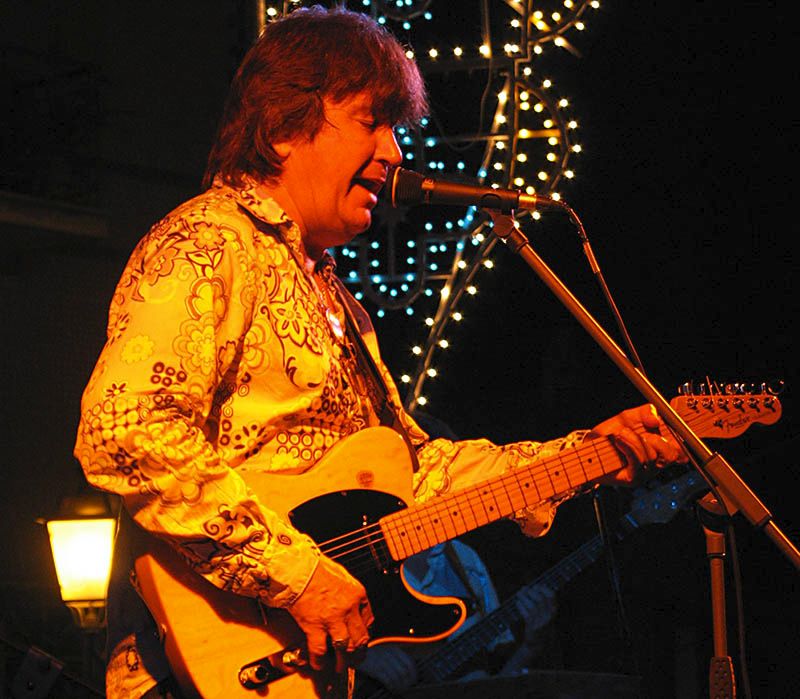
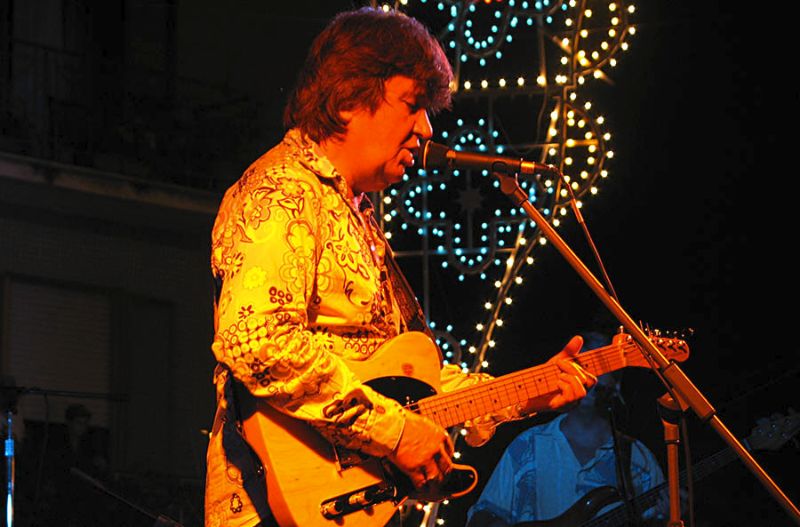
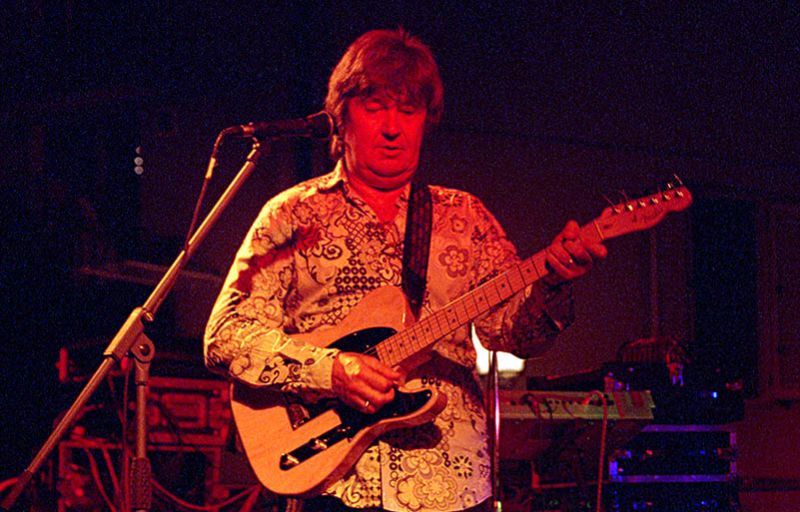
Roberto Satti, in arte Bobby Solo, nasce a Roma nel 1945. Ha 13 anni quando ascolta per la prima volta due canzoni di Elvis Presley, “Love me tender” e “Jailhouse rock”: è la folgorazione. Trasferitosi con la famiglia a Milano, incontra Franz Di Cioccio, col quale mette in piedi un duo. Nel 1963 firma il primo contratto discografico, con la Ricordi. Dopo tre singoli, viene notato da Gianni Ravera che lo invita a Sanremo. Qui, nell’edizione del 1964, presenta “Una lacrima sul viso”. In finale la “canta” in playback, e quindi fuori concorso, perché colpito da afonia. La canzone è un enorme successo. L’anno seguente torna a Sanremo e vince con “Se piangi, se ridi”. Meno fortunate le partecipazioni sanremesi del 1966 con “Questa volta” e del 1967 con “Canta ragazzina”; ma nel 1967 un altro grande successo è “Non c’è più niente da fare”, sigla del programma televisivo “TuttoTotò”, e anche “San Francisco”, cover dell’omonimo brano di Scott McKenzie, entra nelle classifiche. Fra il 1968 e il 1969 pubblica con buoni risultati tre 45 giri di sapore estivo: “Una granita di limone”, “Siesta” e “Domenica d’agosto”. Nel 1969 vince il Festival di Sanremo, in doppia esecuzione con Iva Zanicchi, con “Zingara”, che è il suo ultimo vero successo di vendite. Altri due Festival di Sanremo (1970, con “Romantico blues”, e “1972”, con “Rimpianto”) preludono a un lungo momento di semianonimato, dal quale Bobby Solo riemerge nel 1978 con una versione disco-music di “Una lacrima sul viso” e, nel 1980, tornano a Sanremo con “Gelosia”. Altri due Festival (1981, con “Non posso perderti” e 1982, “Tu stai”) non lasciano traccia, e Bobby Solo fonda – insieme a Rosanna Fratello e all’amico-rivale Little Tony – i RoBoT, trio vocale che cavalca il revival degli anni Sessanta. Per tutti gli anni Novanta è praticamente assente dal mercato discografico, al quale si riaffaccia soltanto nel 2003, partecipando al Festival di Sanremo in coppia con Little Tony e presentando la semi-autobiografica “Non si cresce mai”.
Roberto Satti, also known as Bobby Solo, was born in Rome in 1945. He was 13 when he first listened to two songs by Elvis Presley, "Love me tender" and "Jailhouse rock": it is the fulguration. After moving to Milan with his family, he met Franz Di Cioccio, with whom he set up a duo. In 1963 he signed the first recording contract, with Ricordi. After three singles, he is noticed by Gianni Ravera who invites him to Sanremo. Here, in the 1964 edition, he presents "A tear on his face". In the final the "singing" in playback, and then out of competition, because struck by aphonia. The song is a huge success. The following year he returns to Sanremo and wins with "If you cry, if you laugh". Less fortunate was the participation in Sanremo in 1966 with "This time" and in 1967 with "Canta ragazzina"; but in 1967 another great success is "There's nothing left to do", acronym of the TV program "TuttoTotò", and also "San Francisco", the cover of the homonymous song by Scott McKenzie, enters the charts. Between 1968 and 1969 he published with good results three 45 laps of summer flavor: "A lemon granita", "Siesta" and "Domenica d'agosto". In 1969 he won the Sanremo Festival, in double execution with Iva Zanicchi, with "Zingara", which is his last real sales success. Two other Festivals of Sanremo (1970, with "Romantico blues", and "1972", with "Rimpianto") prelude to a long moment of semi-anonymity, from which Bobby Solo re-emerged in 1978 with a disco-music version of "Una lacrima sul face "and, in 1980, they return to Sanremo with" Jealousy ". Two other Festivals (1981, with "I can not get lost" and 1982, "You're") leave no trace, and Bobby Solo founds - together with Rosanna Fratello and friend-rival Little Tony - the RoBoT, vocal trio that rides the revival of the sixties. Throughout the 1990s, she was virtually absent from the recording market, which she only reappeared in 2003, participating in the Sanremo Festival in tandem with Little Tony and presenting the semi-autobiographical "Never grows up".